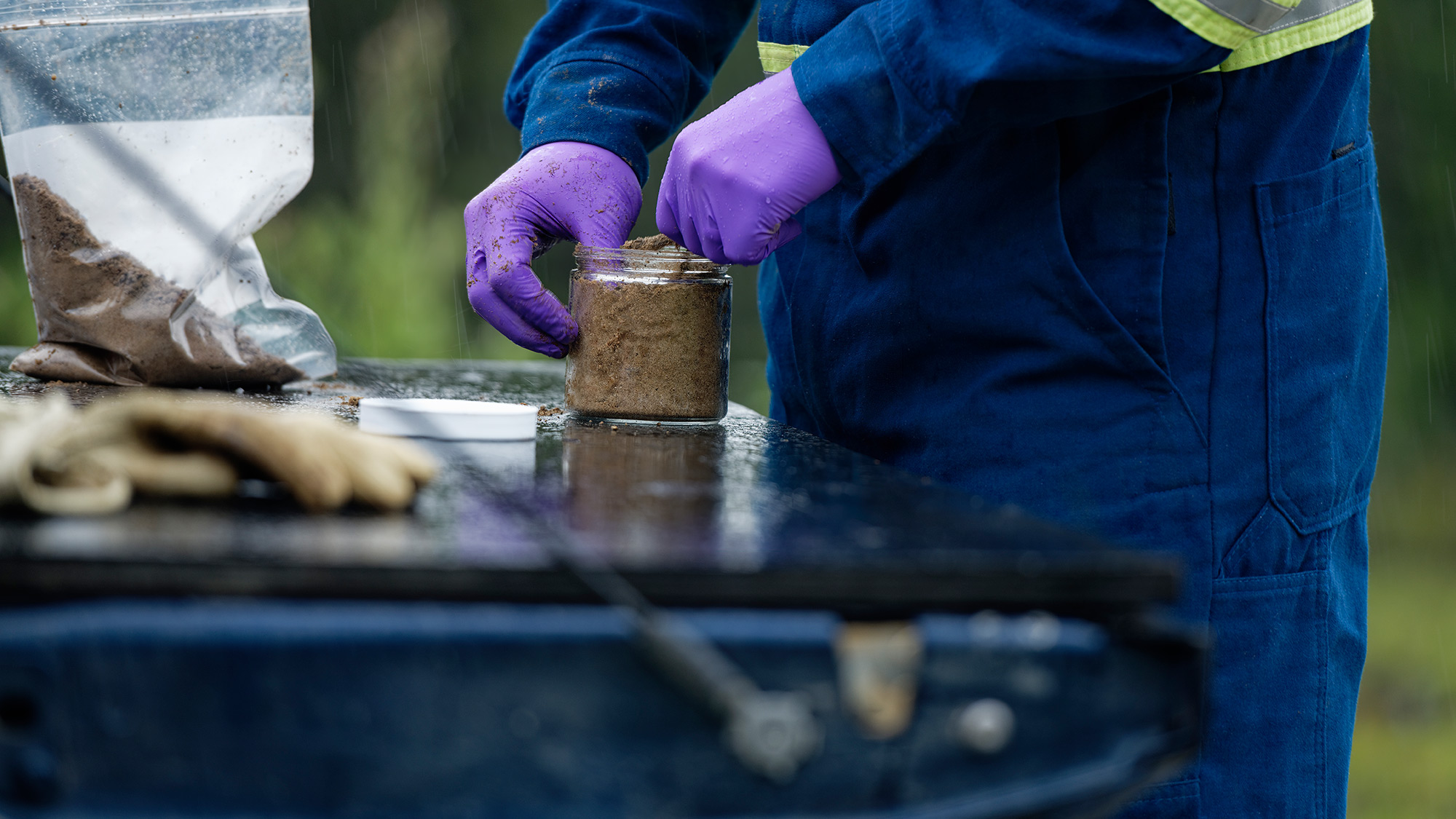Why C-14 Testing is Essential for Feedstocks and Fuels

29 Oct 2024
Accurate identification of bio-based content in feedstocks and fuels is crucial for sustainability, and Carbon-14 (C-14) testing offers a reliable solution for innovation and regulatory compliance.
As the world moves towards more sustainable energy sources, the accurate identification and quantification of bio-based content in feedstocks and fuels have become increasingly important. One of the most reliable methods for this purpose is Carbon-14 (C-14) testing.
Understanding C-14 Testing
C-14 testing is a radiocarbon dating method that measures the amount of Carbon-14, a naturally occurring radioactive isotope, present in a sample. All living organisms absorb Carbon-14 during their lifetime. However, after death, the C-14 begins to decay at a known rate. By measuring the remaining C-14 in a sample, scientists can determine the proportion of bio-based carbon versus fossil-derived carbon. This makes C-14 testing an invaluable tool for distinguishing between renewable and non-renewable carbon sources.
The Importance of C-14 Testing in Feedstocks and Fuels
- Ensuring Compliance with Regulations
Governments and international bodies are increasingly enforcing regulations that require companies to report the bio-based content in their products, especially in the fuel and energy sectors. C-14 testing provides an accurate and reliable method to verify these claims, helping companies avoid fines and maintain their reputation in the market. - Supporting Sustainable Development
As industries strive to reduce their carbon footprint, the use of renewable feedstocks is becoming a key component of sustainability strategies. C-14 testing enables companies to confirm the renewable content in their feedstocks and fuels, ensuring that their products align with sustainability goals and contribute to a greener future. - Boosting Consumer Confidence
In an era where consumers are increasingly aware of environmental issues, transparency is crucial. C-14 testing allows companies to confidently label their products as bio-based, offering consumers assurance that they are making environmentally responsible choices. - Driving Innovation
The shift towards renewable energy sources and sustainable feedstocks is driving innovation across industries. C-14 testing plays a critical role in this innovation by providing the scientific basis for the development of new bio-based products. Whether it's in biofuels, bioplastics, or other bio-based materials, C-14 testing helps companies validate their innovations and bring them to market with confidence. - Optimizing Processes and Products
C-14 testing isn't just about meeting regulatory requirements; it's also a powerful tool for research and development. By understanding the bio-based content in their feedstocks, companies can optimize their production processes, improve product performance, and reduce their reliance on fossil fuels. This, in turn, can lead to cost savings and a stronger market position.
C-14 testing is a vital tool for any company involved in the production or utilization of bio-based feedstocks and fuels. It ensures compliance with ever-evolving regulations, supports sustainable development, boosts consumer confidence, drives innovation, and optimizes processes. As the industry continues to evolve towards more sustainable practices, C-14 testing will remain an essential component of that journey.
How Intertek Caleb Brett is Leading the Way
Intertek Caleb Brett is at the forefront of C-14 testing, offering state-of-the-art facilities and expert knowledge to help companies accurately determine the bio-based content of their feedstocks and fuels. Our C-14 testing capabilities support innovation and compliance across a wide range of industries, from biofuels to biochemicals and beyond.
In a world where sustainability is more than just a buzzword, C-14 testing provides the scientific evidence needed to support the transition to renewable resources. By partnering with Intertek Caleb Brett, companies can ensure their products not only meet regulatory standards but also contribute to a more sustainable future.
